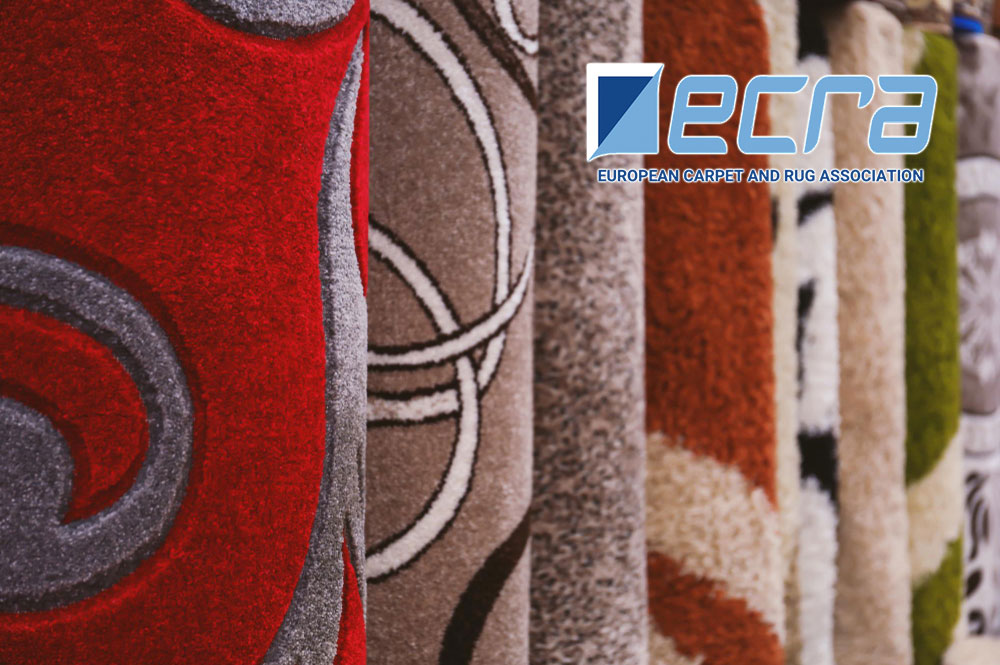Following recent misleading reports regarding the use of chemicals* within the manufacture of carpets, the European Carpet and Rug Association (ECRA), has emphasised that all of their members are committed to taking full responsibility to ensure that health and well being of people and the environment are protected. ECRA also stressed that all carpets produced by its members comply with European Regulations (REACH as well as CE Standards), and are therefore safe for use, both at home and in the workplace.
In addition to complying to legal requirements, ECRA members are proactively working to reduce potential environmental or health related impacts of their products in use. With the GUT certification system which is considered to be one of the most progressive certification schemes in Europe, in terms of health, well being and environmental requirements, the participating European carpet producers have developed and implemented the most progressive industry standard when related to buildings and interior materials. The GUT criteria are much stricter than those prescribed in REACH or relevant harmonized standards.
In a European context, the carpet industry is often compared alongside other major flooring categories such as vinyl (resilient) and laminate. The European flooring sector as a whole is actively and strategically engaged so that a Circular Economy can be developed.
ECRA is therefore working hard with its members to deliver on the commitment to recycle the polymers used by 2030. ECRA is also actively engaged in product development strategies with its members and the suppliers industry so that the composition and construction of carpets are designed to enable products so they can be re-used or fully recycled.
The European producers represented by ECRA are keen to tackle the transition to a Circular Economic Model for the carpet sector by working together with all stakeholders in a constructive and reasonable way.
